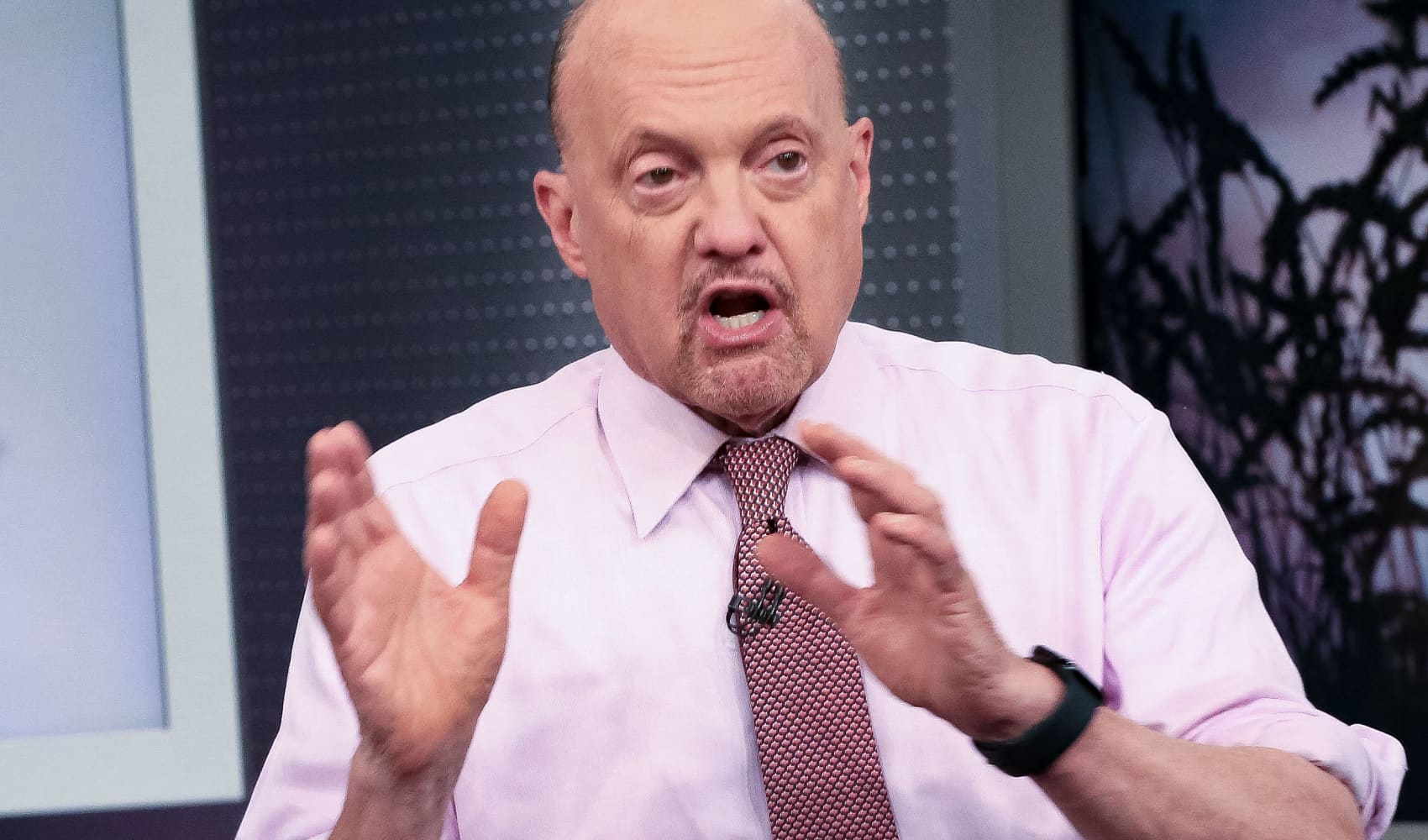
- A federal judge rejected Boeing's agreement to plead guilty to a criminal fraud charge tied to two crashes of its best-selling 737 Max aircraft.
- Boeing agreed to plead guilty over the summer after the DOJ said it violated an earlier agreement.
- Victims' family members took issue with a government-appointed monitor as a condition of the plea and called it a "sweetheart deal."
A federal judge rejected Boeing's plea deal tied to a criminal fraud charge stemming from fatal crashes of its 737 Max aircraft.
U.S. District Judge Reed O'Connor of the U.S. District Court for the Northern District of Texas expressed concern in his decision on Thursday that a government-appointed monitor, a condition of the plea deal, would include diversity, equity and inclusion policiies.
He wrote that "the Court is not convinced in light of the foregoing that the Government will not choose a monitor without race-based considerations and thus will not act in a nondiscriminatory manner. In a case of this magnitude, it is in the utmost interest of justice that the public is confident this monitor selection is done based solely on competency."
Get top local stories in Philly delivered to you every morning. >Sign up for NBC Philadelphia's News Headlines newsletter.
In October, O'Connor ordered Boeing and the Justice Department to provide details on diversity, equity and inclusion policies when the monitor would be selected.
The court gave Boeing and the Justice Department 30 days to decide how to proceed, according to a court document filed Thursday.
In July, Boeing agreed to plead guilty to a criminal charge of conspiring to defraud the U.S. government by misleading regulators about its inclusion of a flight-control system on the Max that was later implicated in the two crashes — a Lion Air flight in October 2018 and an Ethiopian Airlines flight in March 2019. All 346 people on the flights were killed.
Money Report
Boeing and the Justice Department didn't immediately comment.
Victims' family members had taken issue with a government-appointed monitor as a condition of the plea deal and sought to provide more input. They called it a "sweetheart deal."
Erin Applebaum, an attorney representing one of the victim's family members applauded the deal. "We anticipate a significant renegotiation of the plea deal that incorporates terms truly commensurate with the gravity of Boeing's crimes," Applebaum said in a statement. "It's time for the DOJ to end its lenient treatment of Boeing and demand real accountability."
The deal was set to allow Boeing to avoid a trial just as it was trying to get the company back on solid footing after a door burst off of a flight in midair at the start of the year, reigniting a safety crisis at the manufacturer.
The new plea deal arose after the Justice Department said in May that Boeing violated a previous plea agreement, which was set to expire days after the door plug blew off the 737 Max 9 on Jan. 5. O'Connor said in his decision on Thursday that it "is not clear what all Boeing has done to breach the Deferred Prosecution Agreement."
Under the new plea agreement, Boeing was set to face a fine of up to $487.2 million. However, the Justice Department recommended that the court credit Boeing with half that amount it paid under a previous agreement, resulting in a fine of $243.6 million.






